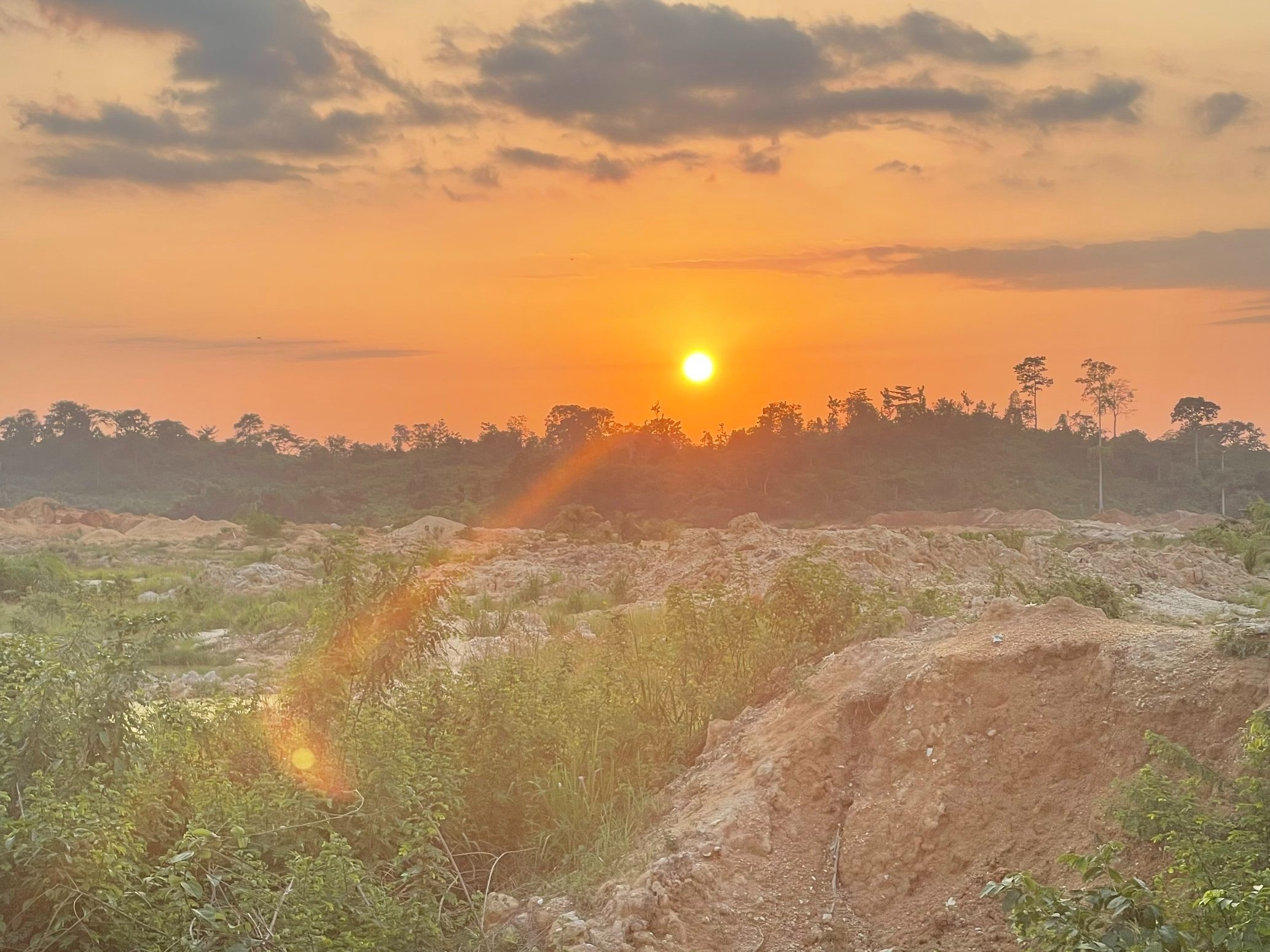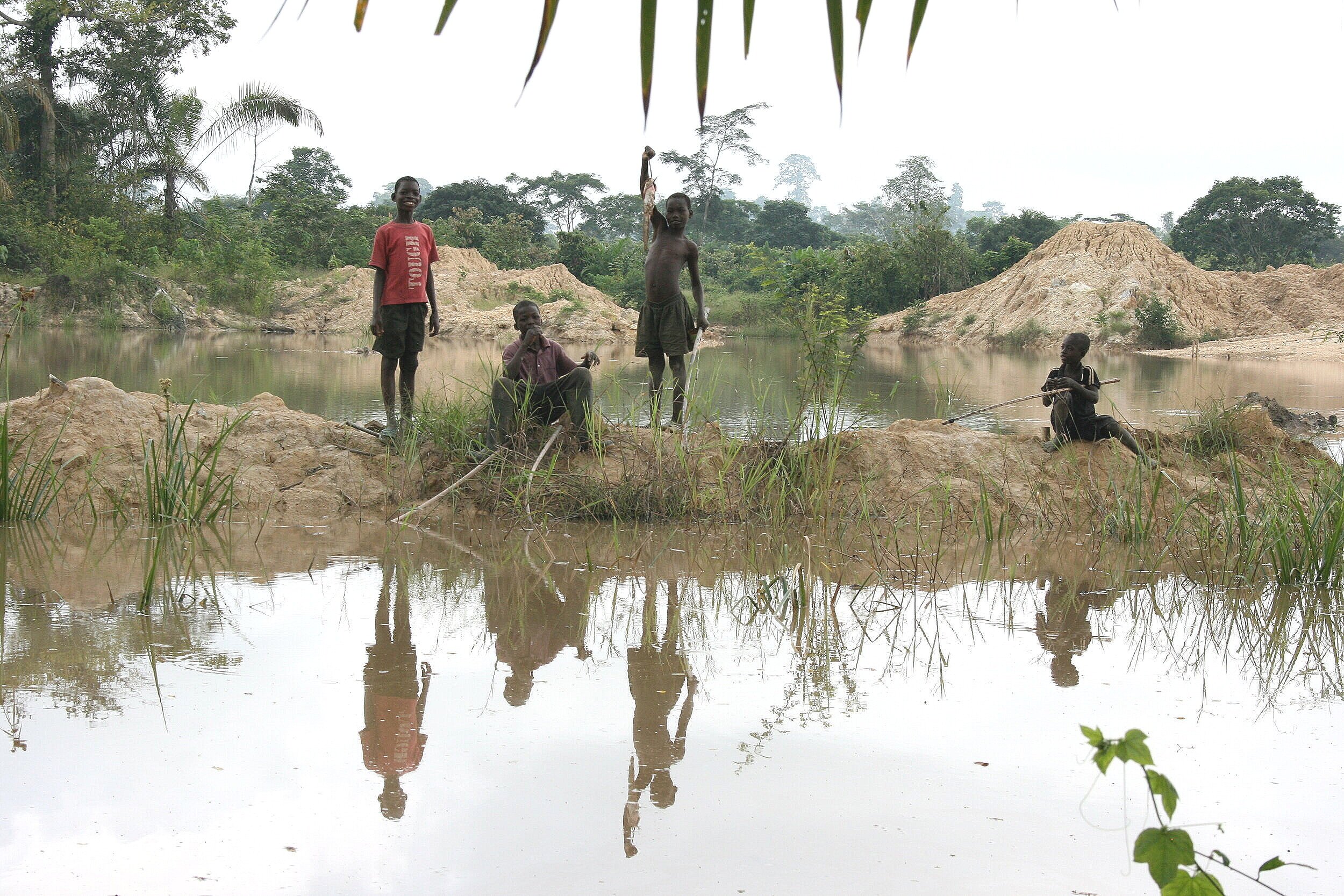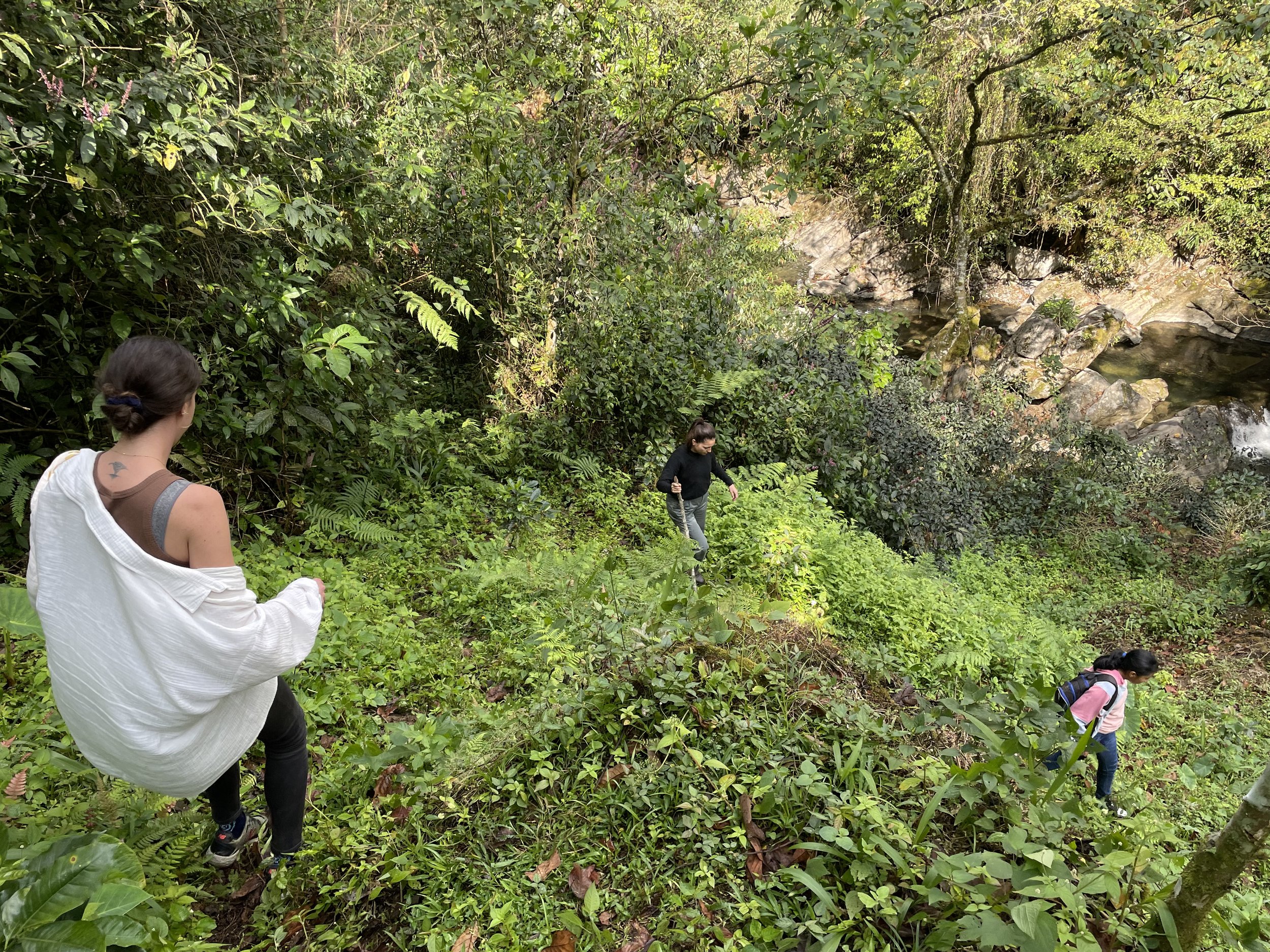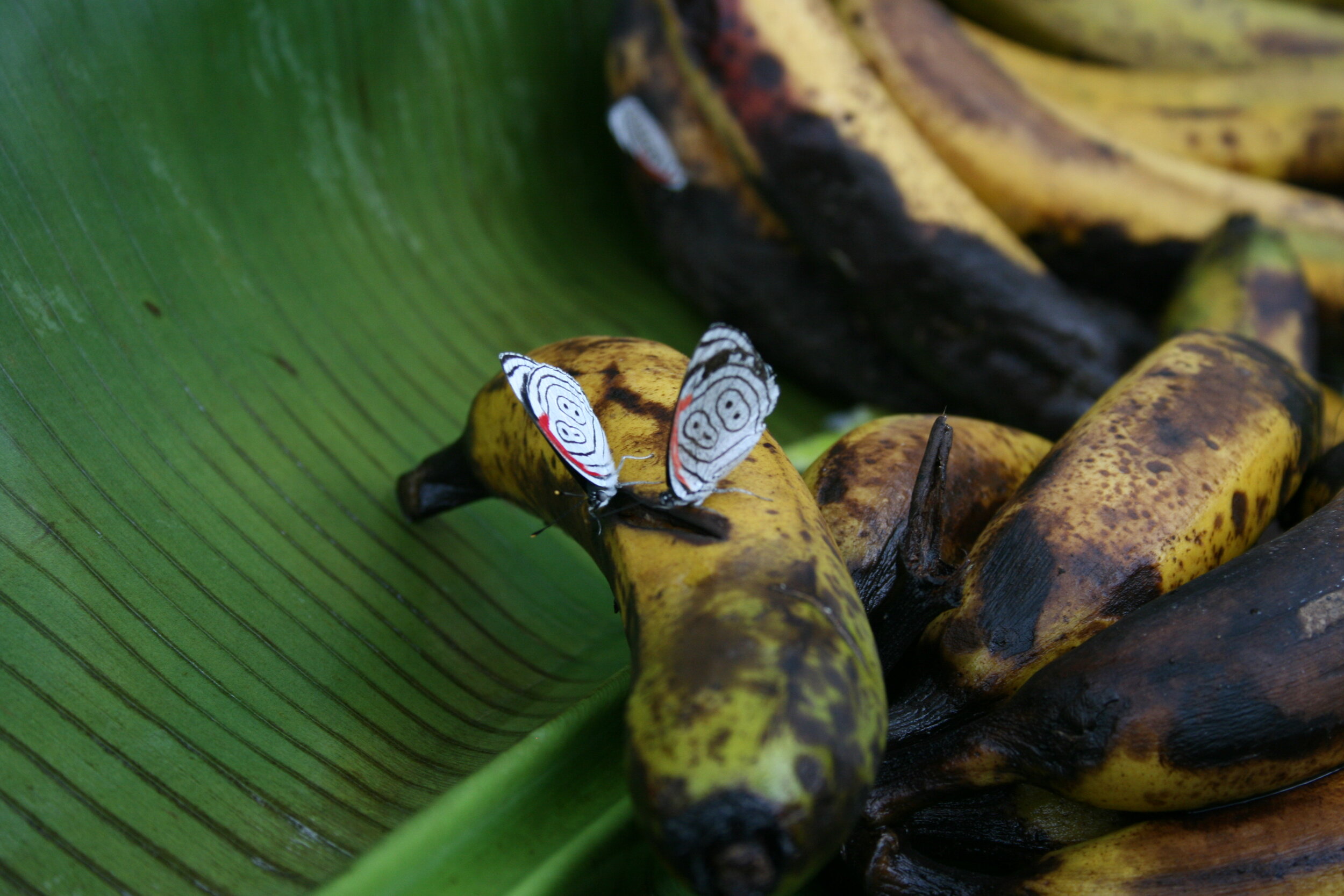
collaborative research
While the collective has investigated various topics, three long-term projects are highlighted below. Mixed methods and interdisciplinary science are utilized in all research efforts.
We have long-term international collaborations with faculty and institutions at University of Mines and Technology (Ghana), University of Ghana, Universidad Veracruzana (Veracruz, México), Instituto de Ecología (INECOL, Veracruz, México), and Instituto de Investigaciones Forestales, Agrícolas y Pecuarias (INIFAP). We also work closely with rural communities in the development and implementation of research objectives.
“small-scale” gold mining
Since 2012, the collective has been studying the political-economic and power-laden dimensions of “small-scale” gold mining in Ghana. We use remote sensing to map mining’s expansion over time, including proliferation of artificial lakes. Household surveys and semi-structured interviews have identified the diverse and unpredictable implications of mining, from increased malaria incidence to gendered land compensation processes and regulatory fictions. This project contributes to land-grabbing, global health and political ecology debates.
A new project will begin in Jan. 2024 with funding from the National Science Foundation’s Dynamics of Integrated Socio-Environmental Systems (DISES) program. Project info and abstract are here. Professors Richard Amankwah, Emmanuel Effah, Jackie Gerson, Frank Nyame, Edith Parker, Elsie Sunderland, and PhD student Bernadette Atosona are collaborators on this project. We will investigate where mercury, used to amalgamate gold, ends up in the environment, including farming systems.
Tools used to burn mercury off amalgams.
Boys fish in abandoned mining pits in Central Region.
Foreign-run mining site in Central Region.
Mercury-old amalgam in Northern Region.
sistemas del café veracruzanos
Between 2003-2010 my dissertation research examined how coffee farmers coped with the global “coffee crisis” of the mid-2000s in terms of livelihood, land-use and identity. Combining remote sensing, ethnography, and household surveys, this project produced results on the surprising maintenance of coffee on the landscape despite historically low prices, how steps toward ejido privatization led to new leadership opportunities for women, and farmers’ crafty manipulation of state GIS data.
In 2023, a new project was launched on edible insects in Veracruz’s coffee agro-ecosystems. This research is being conducted with compañeros at INIFAP, Cafecol, and Universidad Veracruzana. I am thrilled to be collaborating in Veracruz again!
Bernardino Domínguez y Jenaro Martínez Gonzales.
CSU MPH students descend a slope in March 2023.
Gusanillos fritos in March 2023.
Butterflies and bananas in a coffee forest.
buruli ulcer
From a western scientific perspective, the necrotizing skin infection Buruli ulcer is caused by mycobacterium ulcerans. The disease often corresponds with natural water bodies and landscape disturbance (i.e. mining). Public health officials attempt to survey and control Buruli ulcer through top-down global health interventions with varying degrees of success. Diverse people, including health officials and rural people, possess complex understandings of the illness — from scientific and herbal to spiritual — and enact treatment and care assemblages that incorporate various objects and entities including plants, ancestors, non-familial caregiving and spirits. Based on 10+ years of ethnography, this project draws from medical anthropology, political ecology, global health and Indigenous scholarship to query Buruli ulcer dynamics in Ghana.
Materials used to treat Buruli ulcer.
Flooding near school in Central Region.
Bark soaks to make tonic in treatment of Buruli ulcer.
Community health workers in 2012.











